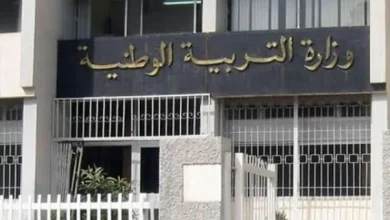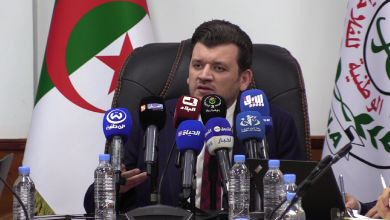In the wake of the audacious theft of priceless royal jewels from the Louvre Museum in Paris, a provocative claim emerged on a popular Russian online platform, igniting a firestorm of speculation and accusations. The allegation: the stolen jewels were being offered for sale on a Russian classifieds site, potentially implicating Russia in one of the most daring museum heists in recent history.
As French authorities intensify their investigation into the Louvre robbery, social media accounts alleged that just hours after the theft, four individuals attempted to sell the jewels, estimated to be worth €88 million (approximately $102 million), through Avito, Russia’s largest online classifieds platform. Avito allows users to buy and sell various goods and services, making it an unlikely, yet potentially brazen, marketplace for such high-profile stolen goods.
The claim spread rapidly online, coinciding with the ongoing investigation by French authorities. Investigators are reportedly exploring two primary hypotheses: either the perpetrators were acting under specific instructions from a third party, or they intended to use the precious stones for money laundering purposes.
Amidst the escalating controversy, a crucial question arises: Is Russia genuinely involved in this audacious museum theft? This question prompted DZWatch to delve into the truth behind the allegations and determine whether they are fueled by political agendas or are part of a disinformation campaign.
The Claim Gains Traction
On October 21st, an account linked to Ukraine shared a screenshot of the alleged Avito advertisement on the social media platform X (formerly Twitter). The post claimed that Russians had robbed the Louvre and were attempting to sell the royal jewels on the popular Moscow-based website. The tweet quickly garnered nearly half a million views, amplifying the claim.
Further fueling the narrative, Facebook accounts recirculated images of the contentious advertisement, reportedly shared by Russian Telegram channels, lending credibility to the story.
Adding fuel to the fire, accounts on X circulated an AI-generated image depicting Russian President Vladimir Putin wearing one of the stolen jewels, accompanied by a sarcastic caption: “Putin did it!!!” This image, while clearly satirical, contributed to the growing perception that Russia was somehow involved in the Louvre theft.
Investigating the Allegation
To verify the veracity of the claim, DZWatch conducted a thorough search on Avito using various Russian keywords related to the Louvre Museum. While the classifieds platform yielded thousands of results, the specific advertisement in question did not appear, suggesting that it had been quickly removed from the platform.
Furthermore, a reverse image search of the advertisement screenshot revealed that the image had been published on Wikipedia as early as June 16, 2016. This older image displayed the Avito logo and a price of 250 million Russian rubles (approximately $2.7 million). This discovery strongly suggests that the image used in the alleged advertisement was not recent and was potentially repurposed to create a false narrative.
For more information about News, check our dedicated section.
Avito Responds
In response to the circulating allegations, Avito issued a clarifying statement addressing the claims that an advertisement offering jewels supposedly stolen from the Louvre had been published on their platform.
Avito stated that these allegations were false, emphasizing that their website contains over 6,000 advertisements mentioning the word “Louvre.” The company argued that removing all of these listings solely based on a rumor would be an unreasonable action.
In a statement posted on their Telegram channel, Avito confirmed that the specific advertisement in question had been removed from the site and that the users who posted what they described as a “joke” had been banned. The statement concluded with a humorous remark about the incident providing them with new incentives to enhance their monitoring system: “Don’t buy it, don’t believe it, and thank you to those who gave us new incentives to strengthen our monitoring system.”
The Louvre Reopens
The Louvre Museum in Paris reopened to the public last Wednesday, three days after the theft of the historical royal jewels. As of now, the perpetrators remain at large. Early visitors were allowed to enter the museum, the world’s most visited museum, at 9:00 AM, the museum’s usual opening time. However, the “Apollo Gallery,” where the theft occurred, remains closed.
Conclusion
While the claim of the stolen Louvre jewels appearing on Avito gained significant traction online, a closer examination reveals that the evidence supporting this claim is weak and potentially fabricated. The advertisement in question was quickly removed from Avito, and the image used in the advertisement appears to be several years old. Avito has also denied the allegations and taken action against the users who posted the false advertisement.
Therefore, while the investigation into the Louvre theft is ongoing, there is currently no credible evidence to suggest that Russia was directly involved in the heist or that the stolen jewels were offered for sale on Avito. The incident serves as a reminder of the power of social media to spread misinformation and the importance of critically evaluating online claims before accepting them as fact. DZWatch will continue to monitor the investigation into the Louvre theft and provide updates as new information becomes available.



